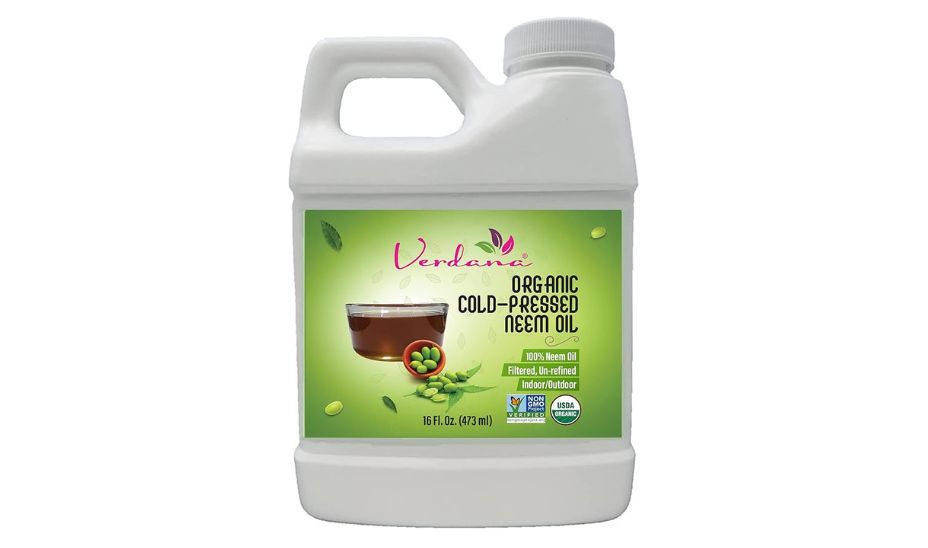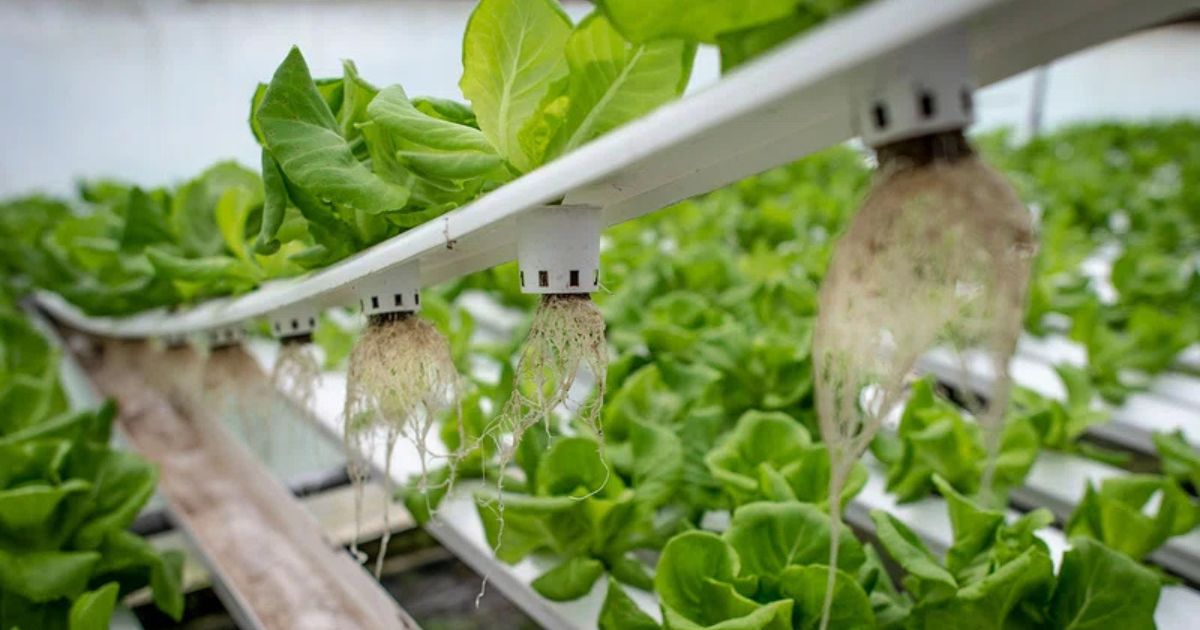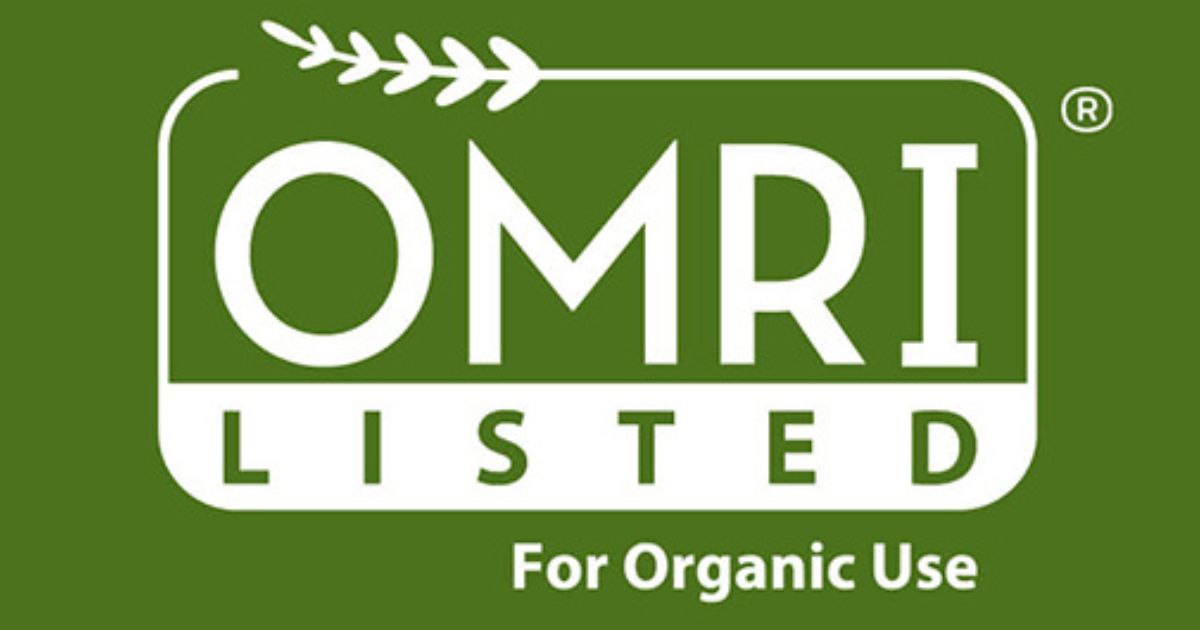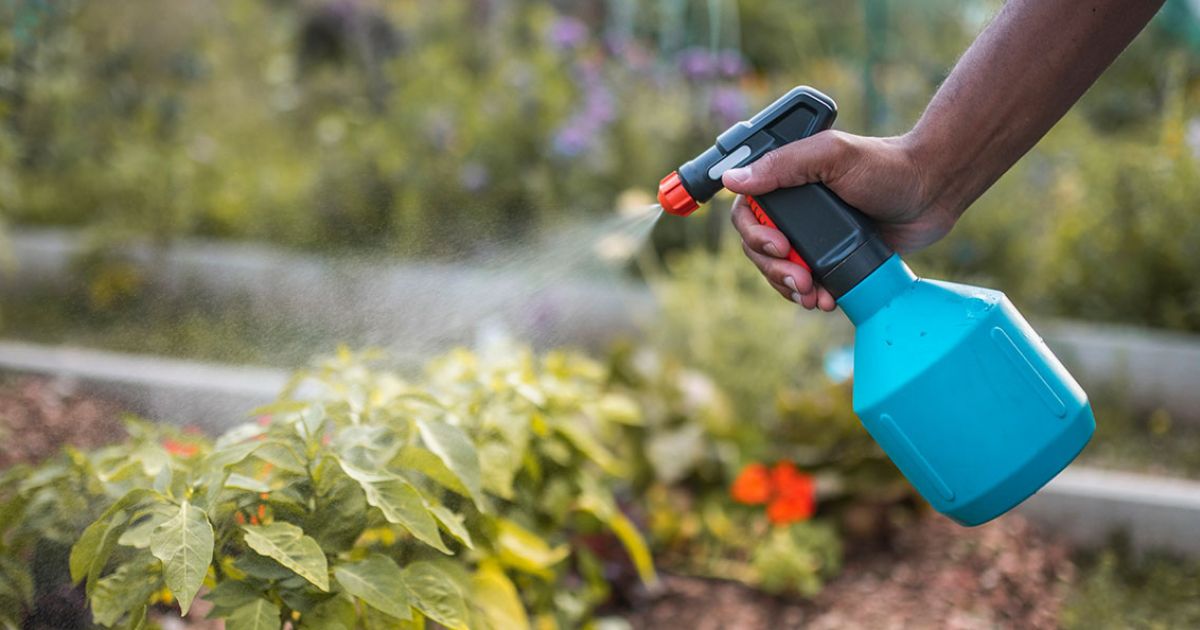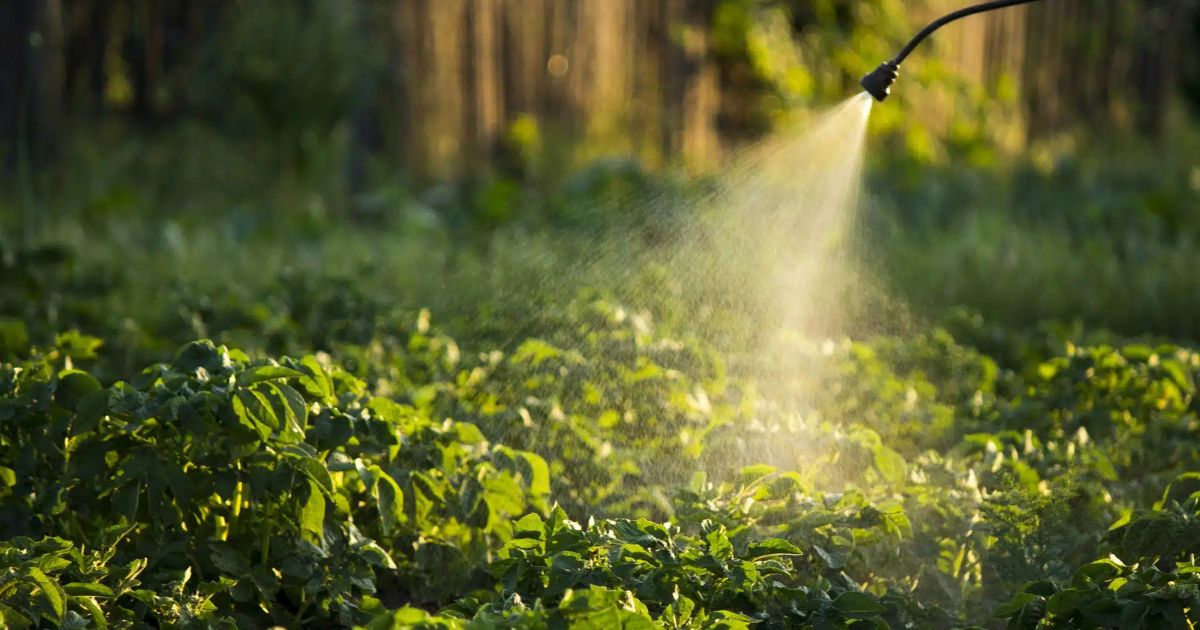
A Comprehensive Guide to Organic Pesticides
Organic pesticides are natural substances used to manage pests without synthetic chemicals. They are vital in organic farming and environmentally conscious gardening, offering effective pest control while minimizing ecological harm. In this guide, we’ll explore the most common organic pesticides, their origins, how they work, and their uses.
What Are Organic Pesticides?
Organic pesticides are derived from natural sources like plants, minerals, and microbes. Unlike synthetic pesticides, they are typically biodegradable and less harmful to the environment. However, they still require careful handling and application to avoid unintended consequences.
Common Types of Organic Pesticides
1. Botanical Pesticides
These are plant-derived compounds known for their pesticidal properties:
- Neem Oil: Extracted from the neem tree, it disrupts insect feeding, growth, and reproduction. Neem oil is effective against aphids, whiteflies, and spider mites.
- Pyrethrin: Derived from chrysanthemum flowers, it is a fast-acting insecticide targeting mosquitoes, flies, and beetles.
- Rotenone: Sourced from tropical legumes, it is used to control caterpillars and beetles but should be applied cautiously due to its toxicity to aquatic life.
2. Microbial Pesticides
These pesticides are based on microorganisms that target specific pests:
- Bacillus thuringiensis (Bt): A naturally occurring bacterium producing toxins that kill caterpillars, mosquitoes, and beetles. It is widely used in organic farming.
- Beauveria bassiana: A fungus that infects and kills soft-bodied insects like whiteflies, thrips, and aphids.
3. Mineral-Based Pesticides
Minerals can also act as effective pest control agents:
- Sulfur: Used to manage fungal diseases like powdery mildew and pests like mites.
- Copper Compounds: Effective against fungal diseases such as blight and downy mildew.
- Diatomaceous Earth: Made from fossilized algae, it dehydrates and kills insects like ants, fleas, and cockroaches.
4. Oils and Soaps
These substances smother pests and are especially useful for soft-bodied insects:
- Horticultural Oils: Derived from petroleum or plants, they control scales, mites, and whiteflies by suffocating them.
- Insecticidal Soaps: Biodegradable soaps that disrupt the cell membranes of pests like aphids and mealybugs.
5. Natural Repellents
Some organic pesticides work by repelling rather than killing pests:
- Garlic Spray: The strong scent deters pests like aphids and beetles.
- Hot Pepper Spray: Capsaicin from peppers irritates and repels pests.
Benefits of Organic Pesticides
- Environmentally Friendly: Less toxic to non-target organisms and degrade faster than synthetic pesticides.
- Sustainable Farming: Support organic and integrated pest management systems.
- Reduced Residues: Produce grown with organic pesticides often has lower pesticide residue levels.
Limitations of Organic Pesticides
- Shorter Residual Activity: Organic pesticides may require frequent reapplication.
- Non-Selective: Some, like pyrethrin, can harm beneficial insects if misused.
- Potential Toxicity: Natural does not mean harmless; proper handling is essential.
How to Choose and Use Organic Pesticides
- Identify the Pest: Accurate identification ensures you select the most effective pesticide.
- Read Labels: Follow instructions for safe and effective application.
- Apply at the Right Time: Use during early pest infestations for maximum impact.
- Combine with Other Methods: Use organic pesticides as part of an Integrated Pest Management (IPM) strategy.
Conclusion
Organic pesticides offer a sustainable alternative to synthetic chemicals, promoting healthier ecosystems and reducing environmental impact. Understanding their types, uses, and limitations can help farmers and gardeners make informed decisions, ensuring effective and responsible pest management.
By incorporating organic pesticides wisely, you can protect your crops and contribute to a greener future.
